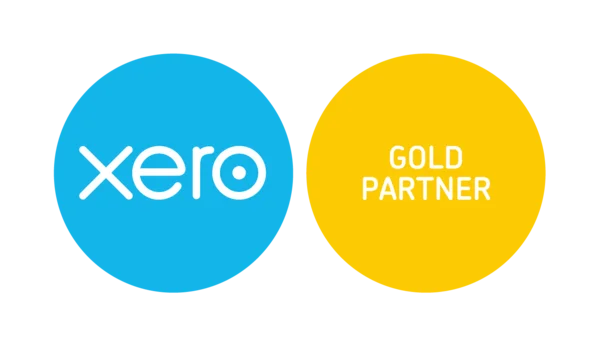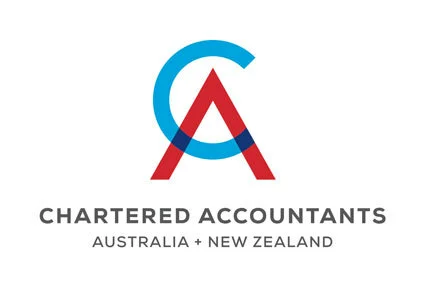How Can the 2016 Budget Help Your Small Business?

Every year as budget time rolls around, small business owners anxiously wait to see what changes they can expect in the coming financial year.
Australian small businesses were the big winners in this year’s budget, with the government delivering some major changes in corporate tax rates and hiring incentives.
Let’s look at how this year’s budget might affect your business and how you can plan for the 2016-2017 financial year.
Higher Small Business Turnover Threshold
One of the major changes seen in this year’s budget is the increase in the small business turnover threshold, which climbs from $2 million to $10 million. This means more businesses now quality for tax concessions that were previously out of reach.
From the 1st of July 2016 small business owners making less than $10m per annum will see their company tax rate reduce by 1% down to 27.5%. By the 1st of July 2023 this reduced tax rate will apply to all businesses based on their annual turnover.
Meanwhile, long-term goals set by the government will see a reduction in the Australian company tax rate down to an internationally competitive 25% by 2026.
Hiring Incentives
Starting next year, small businesses can also begin to capitalise on new hiring incentives that apply to internships and applicants under 25 years of age.
From April 2017 businesses that recruit interns younger than 25 years old will be eligible to receive a government payment of $1,000. Businesses can qualify for this programme by hiring individuals for internships over four to twelve week periods, working as part of the ‘Youth Jobs PaTH’ programme.
Wage subsidies will also become available from January 2017 for businesses that hire employees under 25 years of age with ‘barriers to employment’, qualifying for a wage subsidy of up to $10,000 paid over six months. Employers may also be eligible to receive up to $6,500 over six months for hiring ‘most ready job seekers’, defined as job seekers with no barriers preventing them from accepting offers of employment.
Changes to Unincorporated Small Businesses
This year’s budget also sees unincorporated small businesses benefit from tax discounts, if their annual turnover does not exceed $5 million. Small business owners can now also apply for a tax discount rate of 8%, which sees a 3% increase on the previous year’s benefits, up to a maximum value of $1,000.
Extended Instant Equipment Write-Offs
Small businesses may soon also benefit from changes to tax write-offs for equipment purchases in this year’s budget. Instant write-offs for equipment purchases no higher than $20,000 will apply to small businesses which turn over less than $10 million each year, expiring at the end of June 2017. These write-offs apply primarily to equipment used in the purpose of business such as vehicles, furniture, tools or machinery, and do not apply to the likes of inventory.
Restructuring Business Types
Increased flexibility for business owners in restructuring or changing their business type was another key feature in this year’s budget. From the 1st of July 2016 small business owners can change their legal structure and transfer active assets without incurring an income tax liability.
With changes to the budget designed to work for small businesses, make sure you’re ready to make these work to your advantage in 2016 and onwards. Do note however that some of these measures are yet to be passed into legislation and made effective.
Staying up to date with changes to taxation and regulations is important, and budget time often means big changes for businesses.
To find out about other ways the 2016 budget may affect you and your small business, give our friendly team at Scott Partners a call to schedule an appointment. We can give you professional, clear advice and help your business grow now and in the future.







